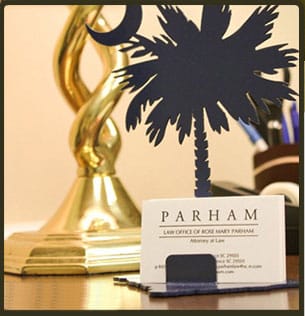It is frustrating for residents of South Carolina to read of others who seemingly have made crime pay. Wall Street brokers who may benefit from insider trading. Business owners who launder drug money, drug traffickers, and any number of additional crimes that occur on a daily basis. One tool law enforcement agencies use to combat the appearance that crime does indeed pay—and pay well in some cases—is asset forfeiture statutes.
The FBI employs asset forfeiture laws to punish lawbreakers, disturb criminal operations and return assets to crime victims. Since 2000, the federal agency has seized more than $5 billion in assets for repayment to victims through civil, criminal and administrative forfeitures. Here are a few examples:
A federal jury in 2017 awarded property worth $500 million forfeited to the U.S. as proceeds earned in violating political sanctions against Iran and laundering of the money. The jury, based in New York, made its action the most significant terrorism-related civil forfeit action to date.
A Missouri flea market owner was sentenced to prison in 2015 for two years and ordered to make restitution of $3.5 million for selling counterfeit goods. Along with the restitution, law enforcement officials seized several vehicles, including a Porsche Panamera and a Rolls Royce Phantom, as well as nearly $88,000 in cash and savings.
An ex-banking official in Pittsburgh was sentenced in 2015 for participating in a large number of multi-million-dollar fraud schemes, as well as a counterfeiting operation based in Uganda. The FBI seized $4 million in assets, which included luxury cars, jewelry, cash and other property.
In a criminal forfeiture, the government must indict the property along with the person, while a civil judicial forfeiture requires a separate indictment against the property. The defendant can contest the seizure in both cases. An administrative forfeiture typically is an agency seizing property that goes unclaimed. If challenged, the agency must then use civil or criminal forfeiture action to obtain the title.
This article features general information that is not intended as legal advice.


